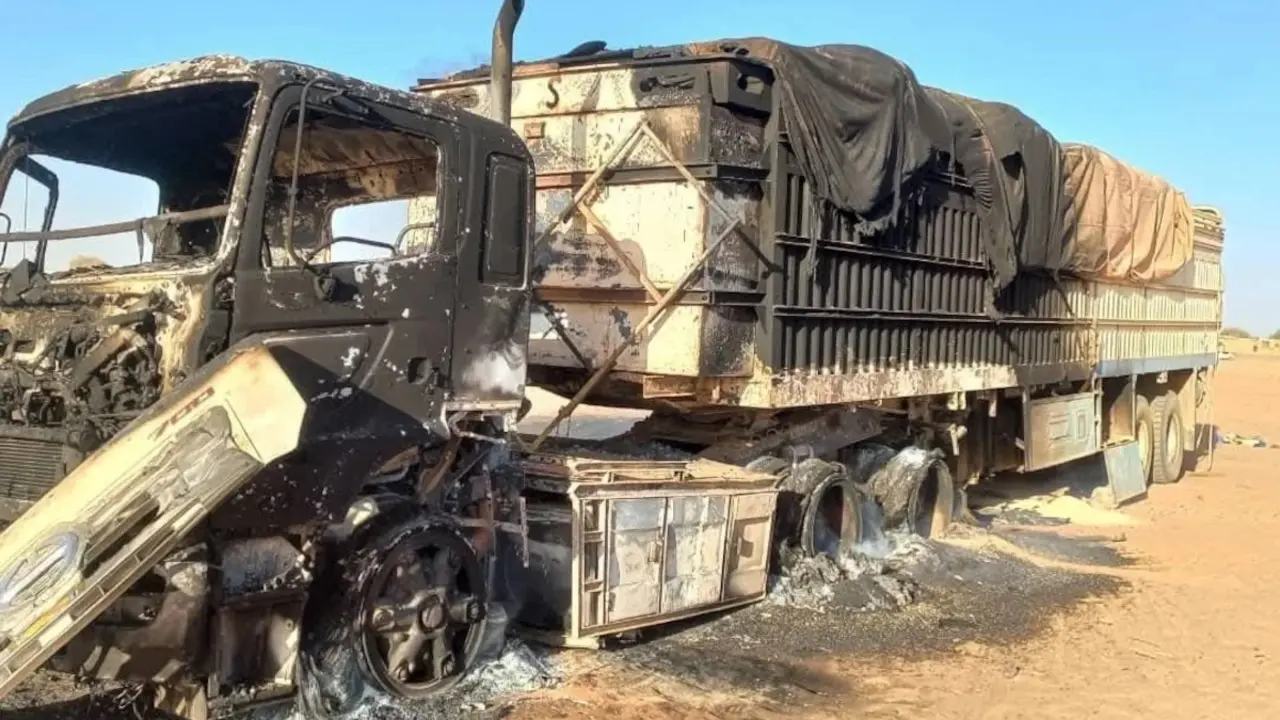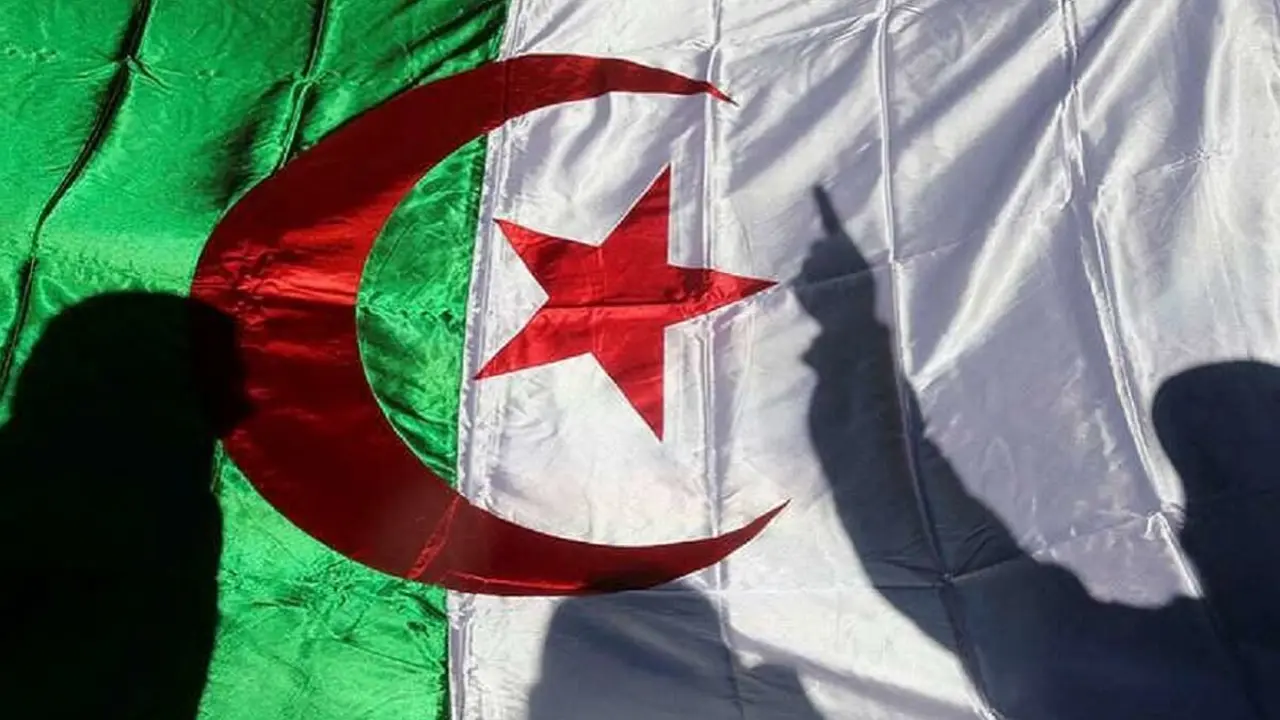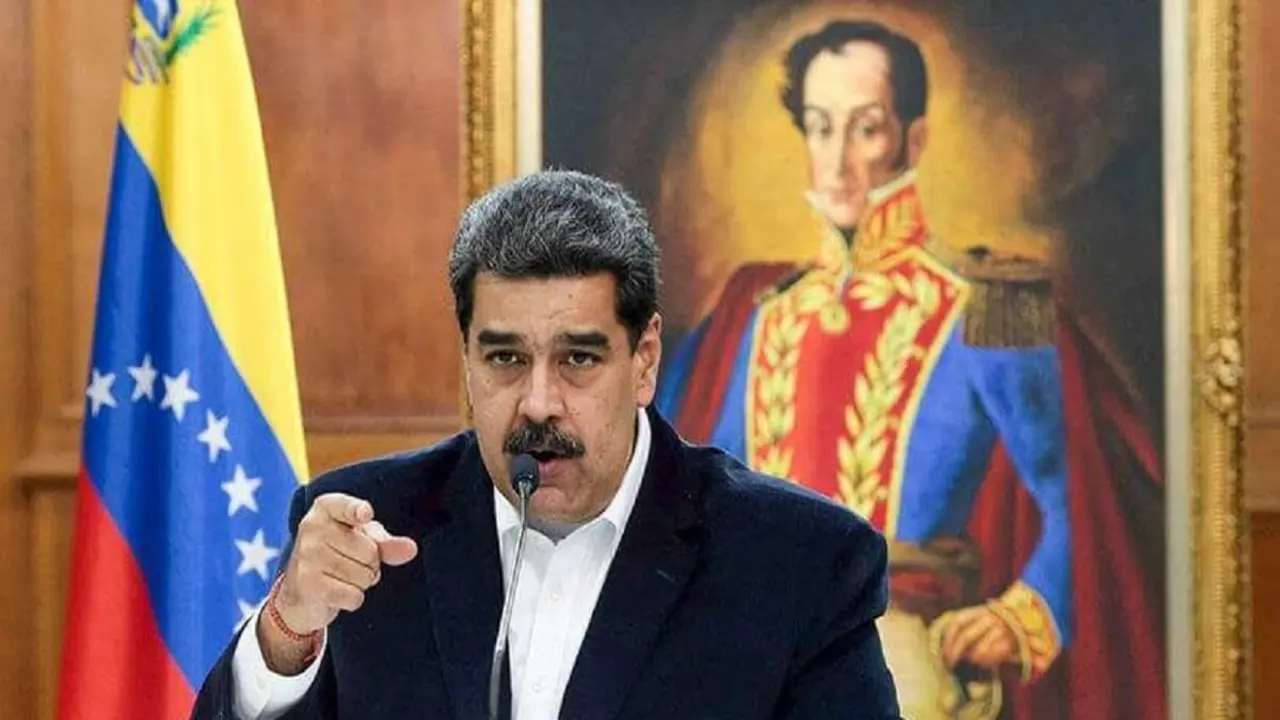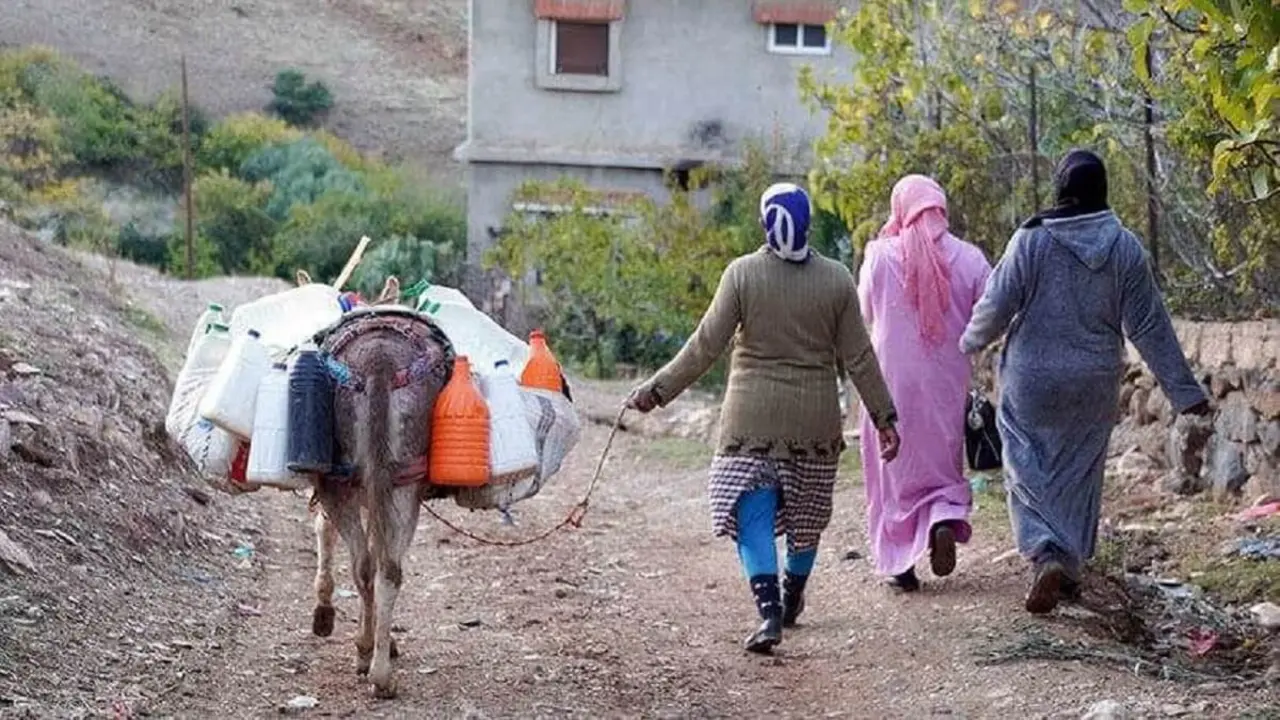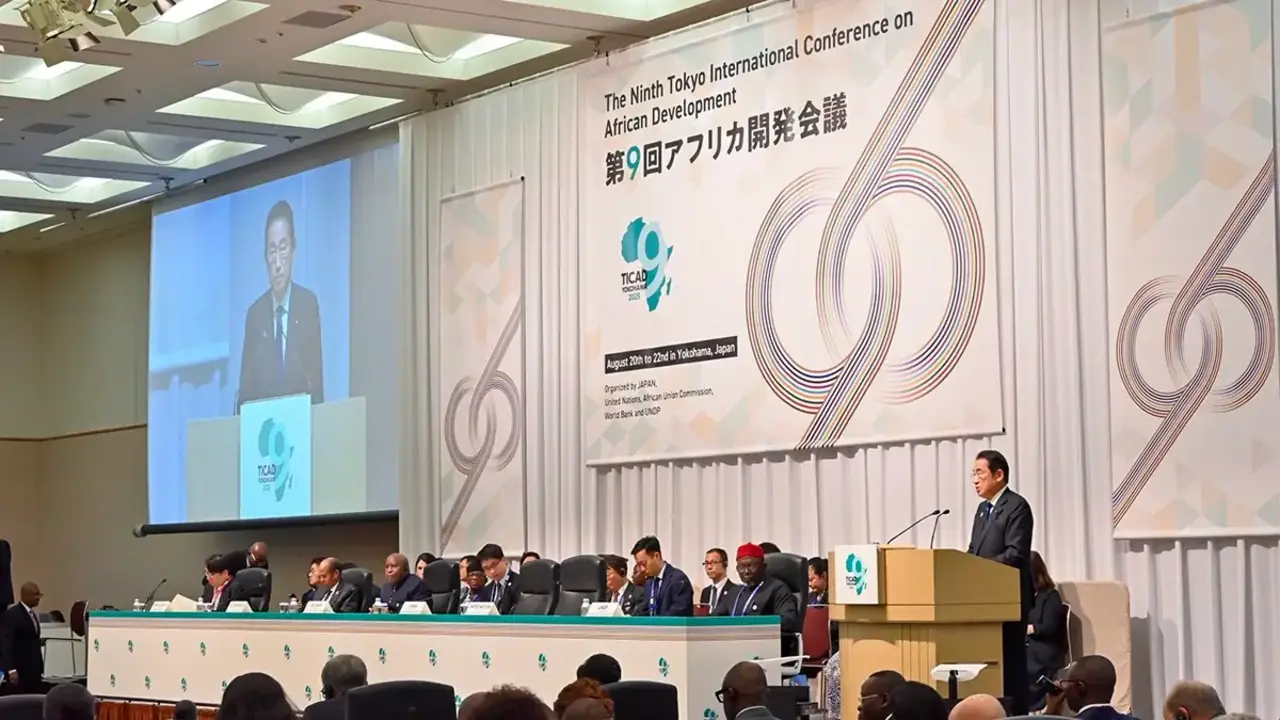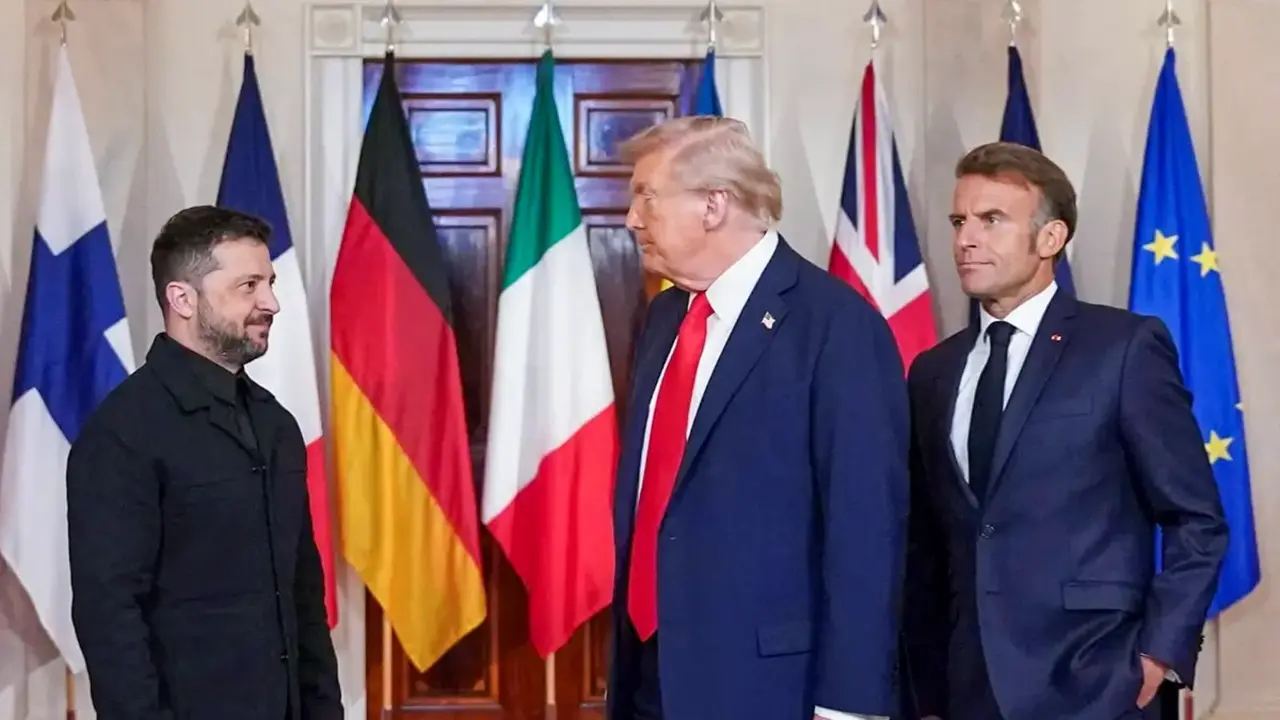Saudi Arabia accuses Iran of coordinating with Houthis in Yemen

Saudi Arabia's suspicions are becoming more and more well-founded. The Arab coalition involved in the conflict in Yemen has "evidence that Iran is involved in attacks launched by the Houthis rebels of the Yemeni movement Ansar Allah", as published by several local media.
These attacks were focused on oil installations in Saudi territory, declared the spokesperson of the coalition, Turki al-Maliki. "There is evidence to show that the Iranian regime is involved in the attacks launched by the Hutu terrorist group against oil facilities," Al-Maliki told the SPA news agency.
Al-Maliki also stressed that these attacks are not only targeting the Saudi Kingdom's domestic facilities, but are also directed against global energy security.
On 23 November, the spokesman for the Hutu troops, Yahya Sarea, reported on Twitter that the oil installation of the Saudi state company Aramco in the port city of Jeddah (in western Saudi Arabia) was attacked with a Quds 2 missile.

"This weapon had recently come into service and the strike was accurate judging by the ambulances and fire trucks that rushed to the scene," the Houthis spokesman explained.
Saree pointed out that the attack was a response to the continued aggression by Saudi Arabia and recommended that foreign citizens and companies operating in the country stay away from the installations, which the Houthis see as possible targets.
Since 2014 Yemen has been experiencing an armed conflict between the supporters of the original president, Abd Rabbuh Mansur al-Hadi, and the Hothis rebels of the Ansar Allah movement. In March 2015 an Arab military coalition intervened in the conflict on Al-Hadi's side, led by Saudi Arabia together with the United Arab Emirates.
In response to the permanent aerial bombardments by the Arab coalition against the Houthis controlled territories of northern Yemen, the rebels are attacking the Saudi districts bordering Yemen, particularly the airports and oil infrastructures.

UN caution and commitment to ending the fighting
The UN Secretary General, António Guterres, yesterday called for maximum restraint and commitment to dialogue following the attack by Yemeni Houthis rebels on the Aramco facility.
Guterres, through his spokesman, expressed his concern about the attack, which was announced by the Houthis and later confirmed by the authorities in Riyadh. "The Secretary General recalls that attacks against civilian targets and infrastructure violate international humanitarian law," he said in a note from the United Nations.
Guterres called on "all actors to exercise maximum restraint and to demonstrate a serious commitment to engage in a UN-facilitated political process and reach a negotiated settlement to end the conflict and the suffering of the Yemenis".

According to Saudi Arabia, a missile was fired at an Aramco station, without causing casualties or affecting the distribution of crude oil, after the Houthis claimed responsibility for the attack.
The action took place a few hours after the conclusion of a G20 telematics summit organised from Riyadh by Saudi Arabia, the group's current president, and while the US secretary of state, Mike Pompeo, was in the country on an official visit.
In September the Houthis claimed to have attacked two prominent Aramco plants, causing 50 percent of Saudi oil production to be suspended, but Riyadh denied responsibility and pointed the finger at Iran, its main enemy and ally of the Shiite rebels.


